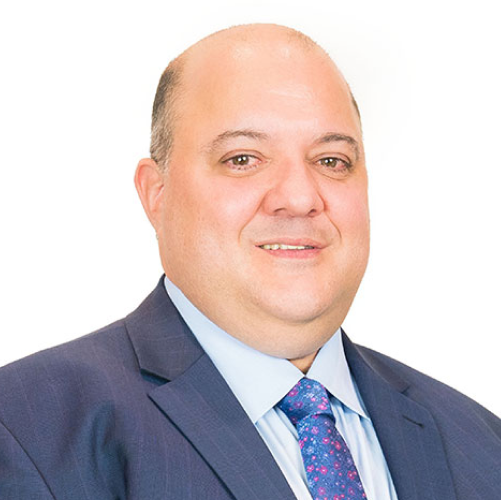Purchasing a home is always an exciting time! However, investing property comes with its fair share of paperwork and complexity. If you are considering investing, you will need to discuss your options with an accountant. They will be able to understand your unique circumstances and advise on how to best make the big decision. Here are some questions you should consider asking your trusted accountant before you decide to invest in property.
What to ask your accountant before investing in property
Have you had your eye on a certain investment property or been dreaming of buying your first home? Everyone has a different approach to how they invest their money and property is no exception. The following questions are to provide you with some starting points to discuss your property investment ideas with your accountant.
Is property the right type of investment for me?
There are both pros and cons to investing in property. Although property is seen as less risky compared to other forms of investment, there are still risks and possible pitfalls to be aware of. Have a chat to your accountant about your greater financial goals and whether investing in property is the right choice of investment for you and your situation.
Can I afford to invest in property?
This is probably the most important question to ask your accountant as they will be able to calculate your monthly expenses and let you know the impact that purchasing a home and having a mortgage may have on your financial situation. They can also help you set up a budget to save a deposit and for post-purchase.
What is negative gearing?
Negative gearing is when a property is purchased as an investment and the gross income generated from the investment is less than the cost of owning and maintaining the property. Negative gearing is popular among investors, but you should consult your accountant to see whether negative gearing has any tax benefits for you or if you should be aiming for a positively geared property investment.
How does depreciation apply to purchasing a home?
Talk to your accountant about depreciation. As your investment property gets older, its value depreciates. You can claim depreciation as a tax deduction if you obtain income from your property. Speaking to your accountant after you have purchased your investment property can potentially save you a lot of money.
Should I purchase an older or brand new property?
Should you buy an older house or a brand new one? Both options come with their own pros and cons. A newer property will allow you to claim more depreciation for the first five or so years. Renovations on an older property can also be depreciated over a set period. Your accountant can advise you on whether purchasing a new or older property has any impact on your tax obligations and inform you about any other financial considerations.
Which ownership structure should I choose?
There are a few different types of ownership structures to choose from when buying a property. You can buy the property in your name or a family trust. The best option differs from person to person, and your accountant will be able to advise as to which option is the most appropriate for you after assessing your financial situation.
Can I use my super fund to purchase a property?
Depending upon whether your super fund is self-managed and the reason for purchasing the property, you can purchase property using a super fund. Due to the tricky nature of navigating this scenario, it’s best to ask your accountant about it early on in the process of when you are considering purchasing property.
Discuss purchasing investment properties with Stones Sharp
You should always speak to a trusted accountant before deciding to invest in property. The qualified team at Stones Sharp can help you make the best decision for your financial situation. Contact us to book an appointment with one of our knowledgeable Melbourne accountants today.

FCPA & CA
Shane is a Fellow of the Australian Society of Certified Practicing Accountants and a Chartered Accountant.
Shane’s passion is to consider the clients, the client’s business and taxation affairs with a holistic approach whilst providing business mentoring, business strategies, systems development, taxation advice and taxation planning in order to assist his clients and their business achieve their goals.













